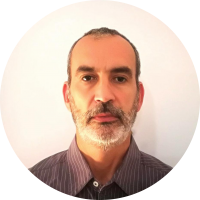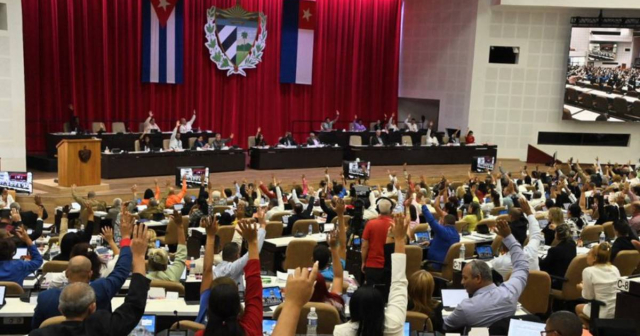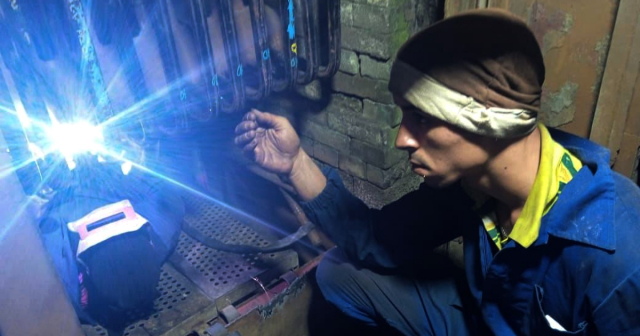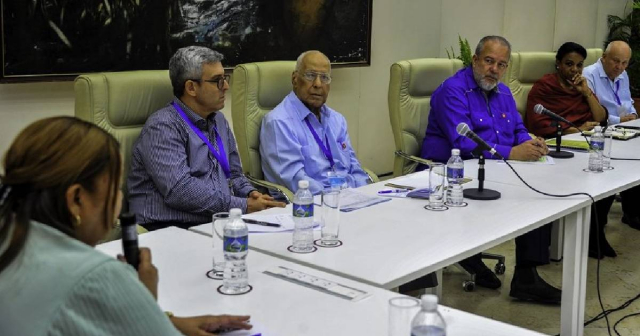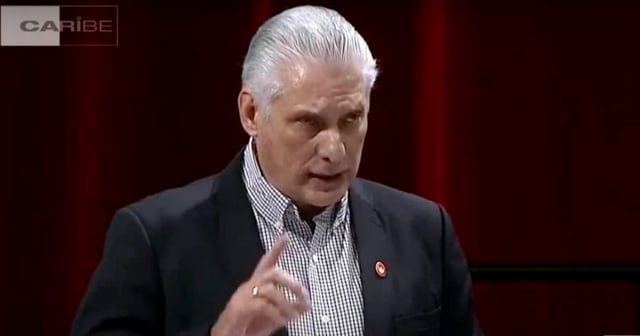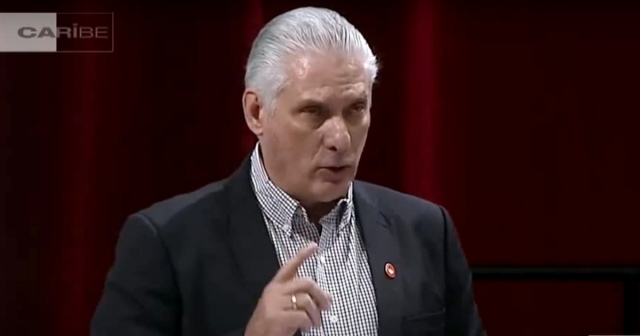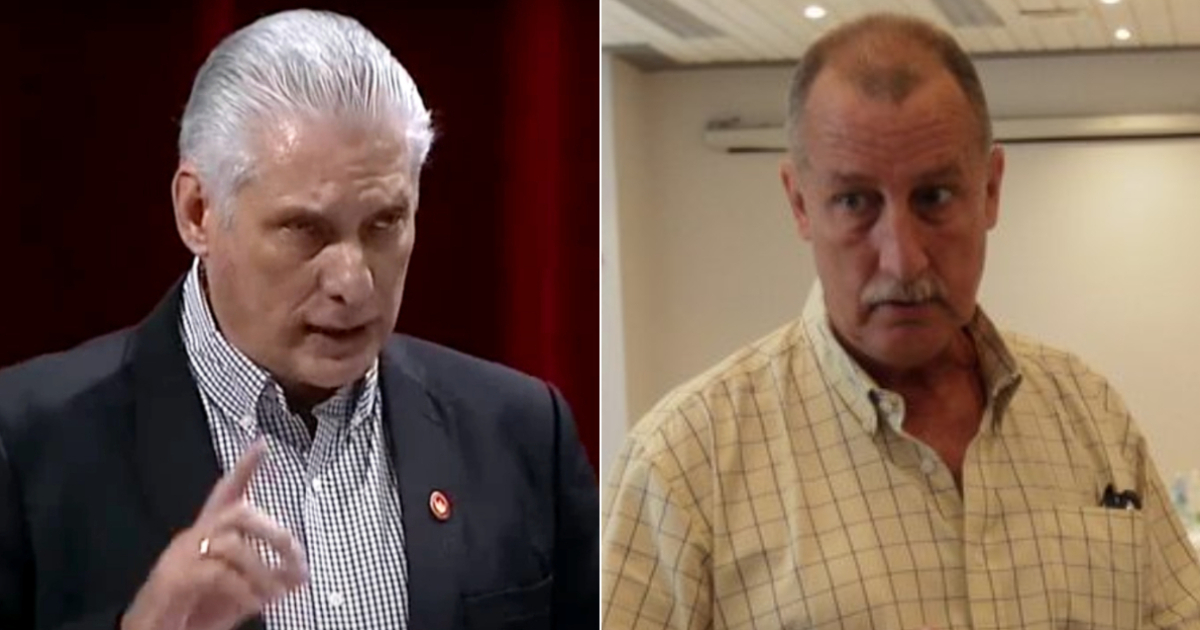
The Cuban economist, Juan Triana Cordoví, a professor at the official Center for the Study of the Cuban Economy at the University of Havana, criticized the economic measures taken by the government of Miguel Díaz-Canel and deemed it "regrettable" that he did not acknowledge his "responsibility" for their failure.
This was expressed in a text published on the blog of singer-songwriter Silvio Rodríguez (Segunda Cita), in which the theorist affiliated with the regime and a close associate of the Ministry of the Interior (MININT) criticized the speech of the ruler during the third ordinary session of the X Legislature of the National Assembly of People's Power (ANPP).
"That the president describes the disaster is something he has been doing for some time, at least twice a year. However, I believe that he failed to delve into the causes, and that, in my opinion, is regrettable," said Triana Cordoví in a blog post by Silvio titled "Economists' Opinions by Mail."
First of all, the economist emphasized that "for eight years the government of Cuba has concentrated investment in hotels (35% of the total) and has neglected investment in agriculture, fishing, the sugar cane industry, and the food industry, as well as in energy."
"That the president does not acknowledge his personal responsibility and that of the government in that decision is very unfortunate," stated Triana Cordoví.
Her criticism went further and pointed out that "we have been saying for 9 years that foreign investment should be flexible, but even today the same problems remain. All the 'hurdles' are identified, and the proposed measures (a working group was created for that, and in fact, they are mentioned in a speech by Rodrigo [Malmierca], when he was Minister of Foreign Trade) but nothing was done."
"The proposals to flexibilize the state-owned enterprise can fill drawers with papers, but our state-owned enterprise is worse today," noted the economist, who also had arguments to criticize the failure of Cuban exports "due to the high degree of centralization and the disincentive to the enterprise and its workers."
In that sense, he used the export of Cuban coffee as an example. “Three years ago, among the 63 measures [economic measures for the development of the agricultural sector], there was one to select 100 coffee producers to export directly. Well, even today that is just ink on paper.”
"In my personal opinion, it would be a mistake (and I believe tragic) to return to a process of greater centralization because it is already very high. In Cuba, no company decides by itself where to invest, except for GAESA. All investment and real resource allocation decisions for operations are made at the highest levels of government, starting with foreign currency," said Triana Cordoví.
Regarding the price cap imposed on products that micro, small, and medium enterprises (Mipymes) import and sell, as well as the campaign announced by the Cuban regime to "regulate" this sector through increased pressure, impositions, control, and sanctions on the "new economic actors," the economist also expressed his concerns.
"I believe it is also a serious mistake to divide rather than add and to turn into enemies those who chose to stake their fortunes in Cuba, even if it wasn't for tremendously altruistic values," he said.
Backed by the platform of Silvio Rodríguez and praised by other economists and historical leaders of the regime such as Humberto Pérez González (president of the Central Planning Board from 1976 until June 1985, among other positions), Triana Cordoví delivered further substantial blows to the government of Díaz-Canel.
"It is shameful for me that year after year, the president and his ministers go to the Assembly to recount the disasters caused by their wrong policies and ask the people for more sacrifices. But it is even more shameful that the People's Deputies (because they are our deputies) continue to accept that situation," he expressed.
Its in-depth report attacked the Cuban economic model which, as noted by citing Fidel Castro, "no longer works for us either" and has led to the greatest economic and human depopulation in the history of Cuba, characterized especially by the massive exodus of recent years.
"I say this with much pain, which I believe is a pain shared by many, because I have seen how my classrooms empty of students and the teaching departments of our universities empty of professors, the hospitals empty of doctors trained thanks to the sacrifice of the people (not the State or its leaders), how our fields are left without farmers while there are increasingly fewer food supplies and more agricultural leaders with ‘yipetas’, and because, like all Cubans, every day we find out about the birth of another family broken by emigration."
Reaffirming his adherence to the old revolutionary ideals and confessing his "pain and anger," Triana Cordoví concluded: "A country without people is nothing more than a piece of land. A nation is not the sum of houses and roads. If we want to be socialists, we must first have a nation; it's not the other way around."
What do you think?
COMMENTFiled under:
